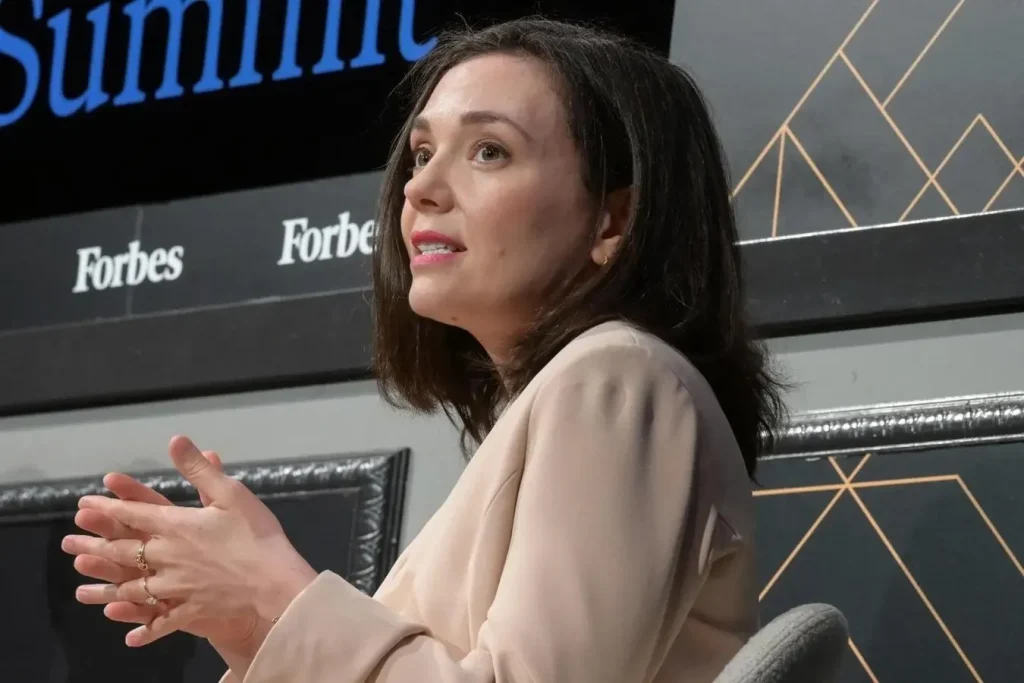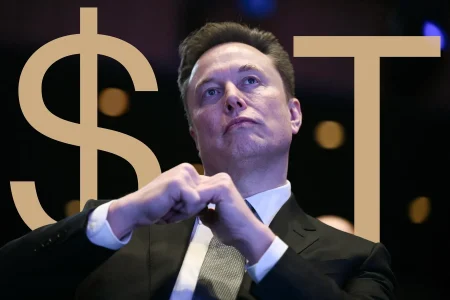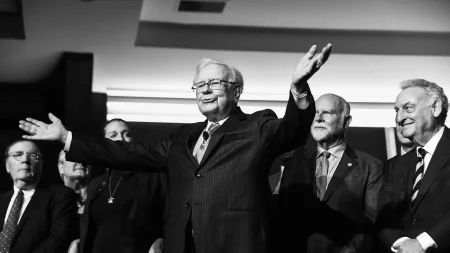Coefficient Giving: A New Chapter in Strategic Philanthropy
When Cari Tuna and Dustin Moskovitz began their philanthropic journey over a decade ago, they approached charity with a distinctive mindset. Rather than following the traditional path of supporting personal passion projects, the couple—armed with a fortune now worth approximately $20 billion—embraced effective altruism, a philosophy centered on maximizing positive impact per dollar spent. This approach led to the creation of Open Philanthropy, which has funded diverse initiatives ranging from malaria prevention to AI safety research. Today, this organization enters a new phase as Coefficient Giving, a name that reflects its evolution from a single-donor foundation to a collaborative platform where multiple philanthropists can unite behind evidence-based giving strategies. The rebranding emphasizes what was always the founders’ vision: a collective effort where wealthy donors could combine resources to achieve maximum humanitarian impact through strategic, cost-effective philanthropy.
The name “Coefficient Giving” elegantly captures the organization’s core principles and ambitious goals. The “co” prefix highlights its collaborative nature, while “efficient” underscores its unwavering focus on cost-effectiveness. In mathematics, a coefficient multiplies the value of what it accompanies—precisely what the organization aims to do with charitable dollars. Until recently, Coefficient was primarily funded by the Good Ventures Foundation, Tuna and Moskovitz’s private foundation with assets totaling $10 billion, leading many to view it simply as “Dustin and Cari’s thing,” according to CEO Alexander Berger. The rebranding signals a shift away from this perception, with Berger explaining they’re now more “open for business” to outside donors. This evolution represents the fulfillment of the original vision: creating a resource that would eventually welcome and guide the next generation of major philanthropists who share their evidence-based approach.
The transition from a single-donor model is already well underway, with Coefficient Giving attracting substantial external support. In the past year, commitments from other funders have doubled to exceed $200 million, with prominent billionaires including Stripe co-founder Patrick Collison, Lucy Southworth (wife of Google co-founder Larry Page), and Bill Gates joining the effort. This influx of new supporters has enabled the launch of two major themed funds, each with over $100 million in capital: the Lead Exposure Action Fund (LEAF) established last year, and the more recent Abundance and Growth Fund launched in March 2023. LEAF has already distributed $40 million toward addressing lead poisoning globally, including a $17 million grant to Pure Earth for identifying sources of lead exposure in countries like India through contaminated spices, ceramics, and other everyday items.
Coefficient Giving’s evolution reflects a broader trend in philanthropy, where wealthy donors increasingly pool their resources rather than operating in isolation. This collaborative approach has gained traction as philanthropists seek to diversify their giving beyond traditional recipients like universities and medical centers. Similar initiatives have emerged in recent years, including Lever for Change (a MacArthur Foundation spinoff designed to connect donors with grassroots organizations), Iconiq Impact (launched by investment firm Iconiq Capital to facilitate collective giving through “co-labs”), and a major bipolar research initiative jointly funded by Google co-founder Sergey Brin, Roblox’s David Baszucki, and Keystone Capital’s Ken Dauten with $50 million contributions each. Berger notes that Coefficient most closely resembles Blue Meridian, an organization founded in 2016 that frames grants as “investments” distributed through specific “funds” focused on domestic issues like social mobility and criminal justice reform, attracting support from donors including Gates, Brin, and MacKenzie Scott.
What distinguishes Coefficient Giving, according to Berger, is its global outlook and broader portfolio approach. While other collaborative giving platforms may focus primarily on direct services within the United States, Coefficient extends its reach internationally and embraces advocacy, research, and policy work—areas where philanthropic dollars can potentially yield higher returns. This expansive approach allows donors to support interventions with proven cost-effectiveness across diverse domains, from public health to existential risk reduction. The organization maintains rigorous standards for evaluating potential grants, seeking opportunities where charitable funds can achieve maximum humanitarian impact regardless of geography or intervention type.
Despite welcoming new donors, Tuna emphasizes that she and Moskovitz remain fully committed to their personal giving journey. In fact, they plan to accelerate their philanthropy, aiming to reach a point where they donate money faster than they accumulate it. With their contributions combined with those from other donors, Coefficient Giving seeks to expand its impact and influence across multiple domains. Success will be measured in concrete outcomes: fewer children suffering from malaria, more communities with access to clean water, and reduced lead poisoning worldwide. The organization acknowledges that some challenges, particularly AI safety, present enormous complexities given the billions of dollars at stake in the technology industry. Nevertheless, Coefficient remains undaunted, having already directed more than $100 million to AI safety initiatives in 2023 alone—a testament to its commitment to addressing both immediate humanitarian needs and longer-term existential risks facing humanity.














